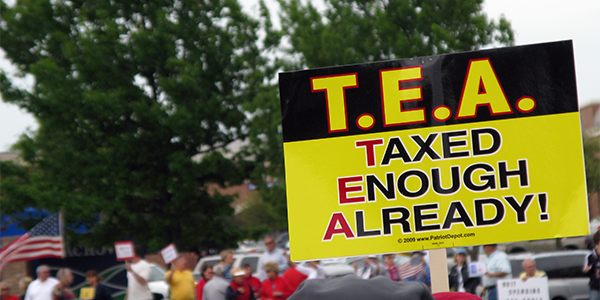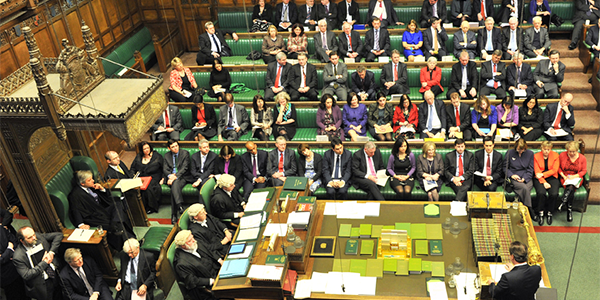The slow death of Hungarian popular sovereignty
Hungary’s Prime Minister, Viktor Orbán, is often accused of promoting a form of ‘illiberal democracy’, where governance is rooted in the popular support of a majority of the country’s citizens, but without a strong guarantee of minority rights and the rule of law. Lise Esther Herman argues that this criticism, which has been put forward by many of Orbán’s opponents, overlooks that it is not only liberal principles that are being trampled on in Hungary, but also the notion of popular sovereignty itself.











 Democratic Audit's core funding is provided by the Joseph Rowntree Charitable Trust. Additional funding is provided by the London School of Economics.
Democratic Audit's core funding is provided by the Joseph Rowntree Charitable Trust. Additional funding is provided by the London School of Economics.